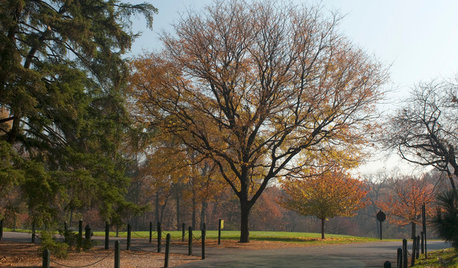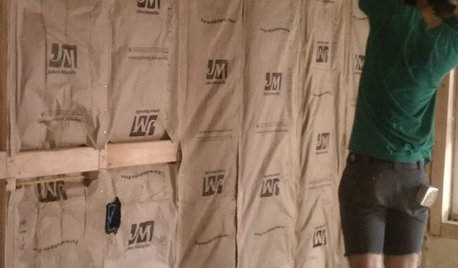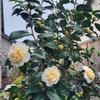Too much potassium in maritime NW soils?
eukofios
18 years ago
Related Stories

FARM YOUR YARDHow to Grow Vegetables in Containers
Get glorious vegetables and fruits on your patio with a pro’s guidance — including his personal recipe for potting mix
Full Story
LIFEHow to Decide on a New Town
These considerations will help you evaluate a region and a neighborhood, so you can make the right move
Full Story
REMODELING GUIDESCool Your House (and Costs) With the Right Insulation
Insulation offers one of the best paybacks on your investment in your house. Here are some types to discuss with your contractor
Full Story
GARDENING AND LANDSCAPING8 Rot-Resistant Woods for Your Outdoor Projects
No need for chemical treatments on your deck or pergola. These woods stand up to weather, insects and time beautifully on their own
Full StoryMore Discussions








plantknitter
jean001
Related Professionals
Franconia Landscape Architects & Landscape Designers · Hershey Landscape Architects & Landscape Designers · Norwood Landscape Contractors · Kaneohe Landscape Contractors · Madera Landscape Contractors · Miller Place Landscape Contractors · San Carlos Park Landscape Contractors · West Palm Beach Landscape Contractors · Bellevue Fence Contractors · Hinsdale Fence Contractors · Midvale Fence Contractors · Northlake Fence Contractors · Parkland Fence Contractors · Tacoma Fence Contractors · Walnut Fence Contractorsell_in_or
plantknitter
jean001
sam_wa
Internode
eukofiosOriginal Author
sam_wa
mdvaden_of_oregon
mkirkwag
eukofiosOriginal Author
Embothrium
eukofiosOriginal Author
Embothrium